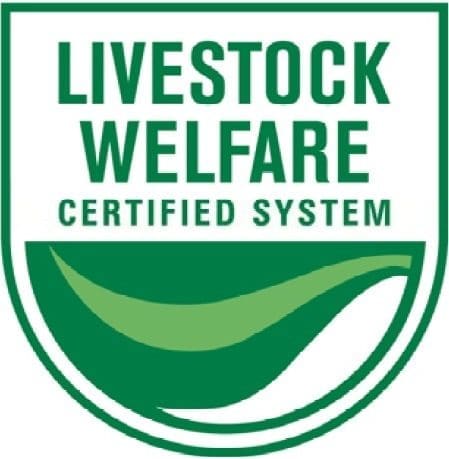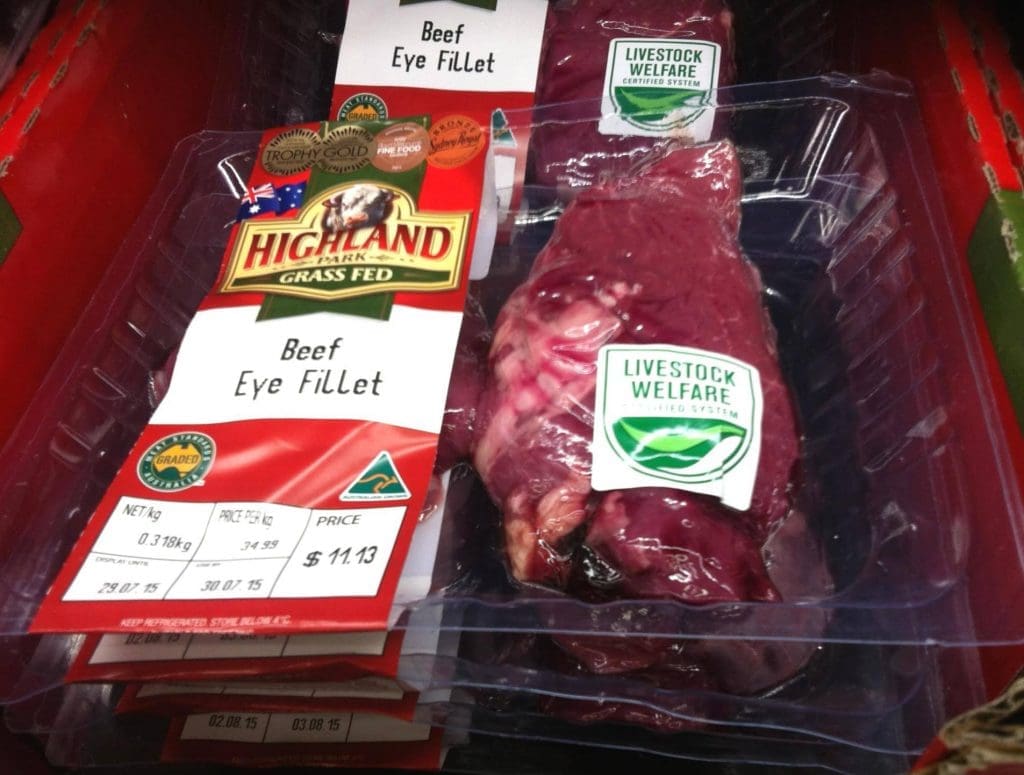VIDEO surveillance systems will become a mandatory requirement from 2026 under the processing industry’s Australian Animal Welfare Certification System, the Australian Meat Industry Council announced yesterday.
“The Australian Meat Industry Council considers the application of sound animal welfare practices at processing establishments to be vital to the sustainable operation of the industry, and our members are committed to proper, stringent, and accountable animal welfare practices through the supply chain,” AMIC said in a statement.
 The Australian Animal Welfare Certification System (AAWCS) is an independently audited certification program used by livestock processors to demonstrate compliance with the industry best practice animal welfare standards from receival of livestock, to the point of humane processing. AAWCS is underpinned by best-practice animal welfare standards for processing livestock, developed in consultation with animal welfare groups, industry representatives and independent experts.
The Australian Animal Welfare Certification System (AAWCS) is an independently audited certification program used by livestock processors to demonstrate compliance with the industry best practice animal welfare standards from receival of livestock, to the point of humane processing. AAWCS is underpinned by best-practice animal welfare standards for processing livestock, developed in consultation with animal welfare groups, industry representatives and independent experts.
Video surveillance of pre-slaughter has been a voluntary part of the code up to this point.
Under the development announced today, AAWCS-certified establishments would be required to have a functional VSS installed in their facilities to monitor livestock handling processes from the point of receival through to the point of slaughter from 2026.
The AAWCS system was Launched in 2013, but took time to generate widespread industry support and is now applied to all export beef processing establishments and most domestic processors, covering at least 80 percent of livestock slaughterings.
The endorsement has been adopted as a commercial requirement by many Australian beef end-users, including retailers like Aldi.
Change after calls by animal activists
In 2023, AMIC dismissed a call from animal activists to mandate video surveillance in processing establishments.
At the time, AMIC said while it supported the voluntary installation of CCTV systems as a management tool, it did not support making the process mandatory.

Retail ready Highland Park product bearing the AAACS symbol on sale in Aldi supermarkets
“AMIC supports the voluntary installation of CCTV as an individual plant management tool to monitor animal welfare practices, but good animal welfare outcomes are sustained via the implementation of well-defined Standard Operating Procedures, undertaken by highly trained staff in our members’ facilities,” it said at the time.
“Such procedures and assurances of staff competency form the foundation of AMIC’s independently audited and widely adopted AAWCS system, the peak body said at the time.
“The implementation of CCTV will never replace these important competency and procedural principles. “In addition to the lack of evidence that CCTV in processing facilities results in better animal welfare outcomes, AMIC does not support mandatory CCTV due to a wide array of concerns, including privacy, cyber security, potential misrepresentation, misuse of footage in case of a data breach, and added cost imposed on industry and regulators,” it said.
In a LinkedIn post yesterday, AMIC chief executive officer Patrick Hutchinson said the AMIC decision mandate VSS as a component of AAWCS is an industry initiative made in consultation with other stakeholders, such as RSPCA Australia.
“Animal rights groups that attack industry create an environment of hostility and mistrust, and provide no room for balanced discussion as they only seek to impose their anti-meat agenda,” Mr Hutchinson wrote.
“Only through constructive dialogue between industry and reputable animal welfare organisations can sensible and evidence-based solutions be formed to improve welfare outcomes.”
Evolution
In yesterday’s statement, the Australian Meat Industry Council’s National Processor Council said within AAWCS, the move to integrate video surveillance was a reflection of the program evolving to ensure it remains a world-leading best practice certification system.
“Video surveillance, when incorporated into quality management systems, is a technology for processors to monitor and validate animal welfare in processing plants. first and foremost, VSS is a tool to assist processors – not a blunt regulatory instrument,” the council said.
AAWCS was a prime example of industry self-regulating, the processor council said.
Update to standards
AMIC plans to establish a drafting committee of experts, including RSPCA Australia, to update the AAWCS standards and work through necessary changes to the program over the coming months, as the system moves towards the 2026 mandate.
“All processing establishments are strongly encouraged to join AAWCS – a program which strives for best practice and world-leading animal welfare outcomes,” AMIC’s statement said.
“However, we also recognise that some facilities may not have the systems and personnel in place to meet all the requirements of AAWCS. AMIC does not support VSS being a universal mandated requirement and/or incorporated into minimum standards. There are more pressing priorities that such businesses should focus on to underpin animal welfare, notably staff training and basic quality management systems.”
Australian Meat Industry Council chairman Tom Maguire said the decision highlighted that the Australian meat industry viewed animal welfare as a core pillar of doing business.
“As demonstrated by having RSPCA Australia CEO Richard Mussell speak at our Meat Processing and Export Conference in October 2023, industry is happy to engage with respectable animal welfare organisations to discuss ways to achieve better outcomes,” he said.
“With industry providing greater transparency, AMIC will continue to call on State and Federal Governments and Regulators to have zero tolerance of vigilante groups that trespass and illegally capture footage. Organisations that promote such activity to drive their own agendas should also be sidelined from legitimate forums designed to improve animal welfare.”
“The red meat industry is dedicated to transparency and high standards that Australian consumers and our international trading partners demand.”



HAVE YOUR SAY